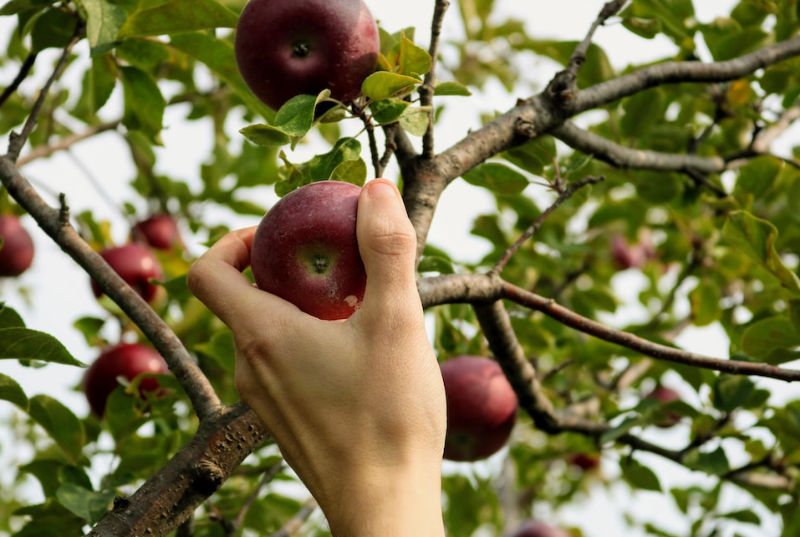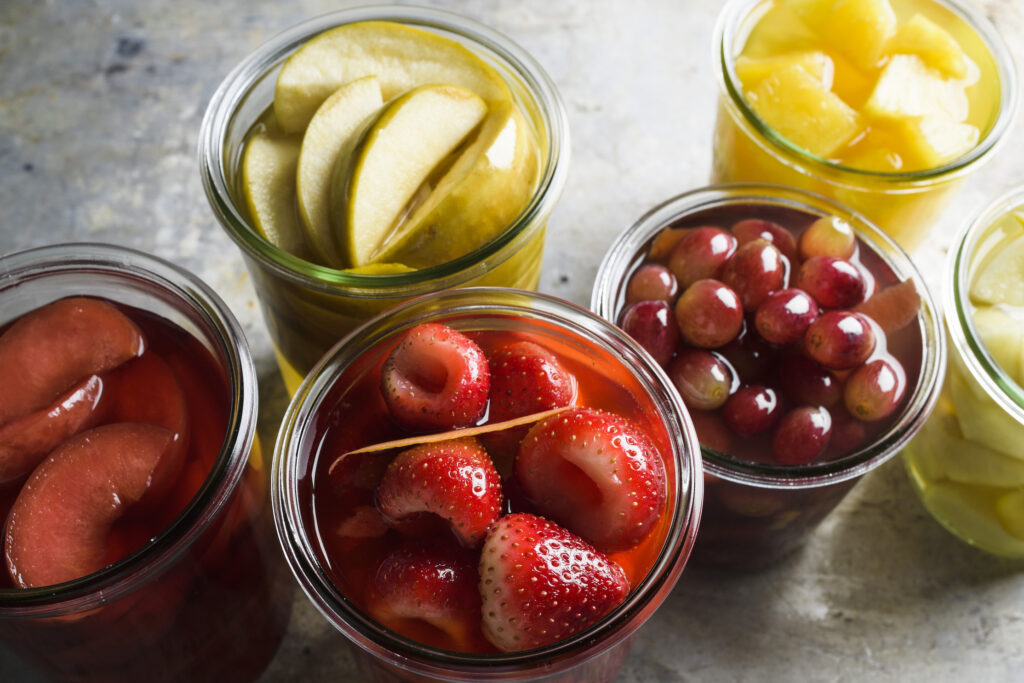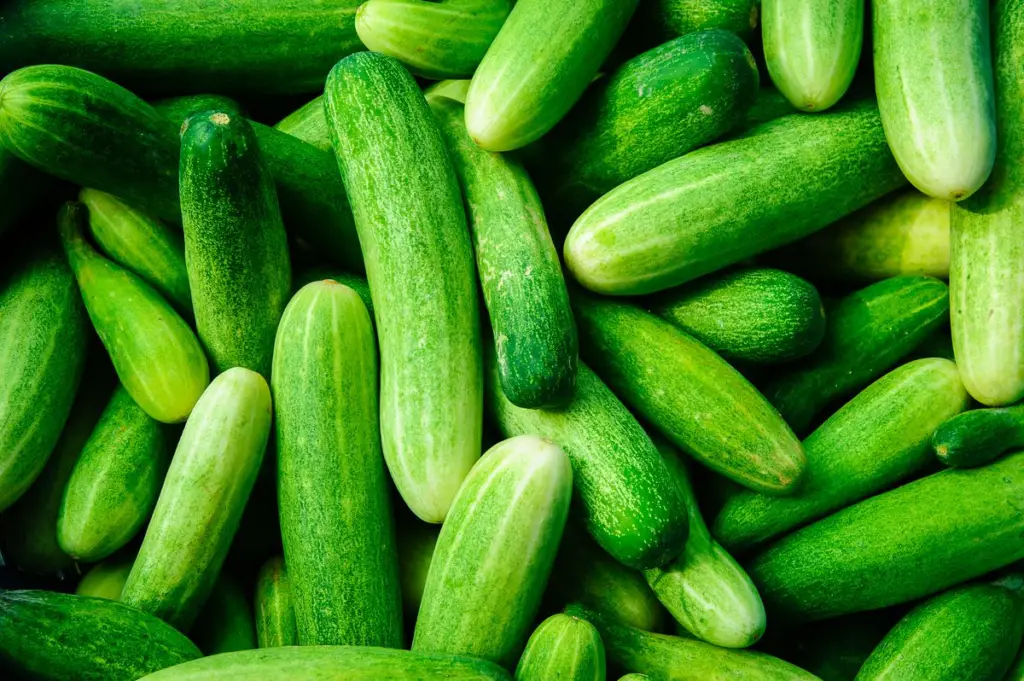Plantains and potatoes are loved by people everywhere. They’ve been eaten for a very long time, but which one is the healthier choice? We will compare their taste, nutrition, different ways to cook them, how easy they are to find, and their health benefits. This will help you decide which one you might want to eat more often.
Table of Contents
- Understanding Plantains and Potatoes
- Flavor and Texture Comparison
- Which Has More Nutritional Value?
- Which Is More Versatile in Cooking?
- Comparing Cooking Methods
- 1. How to Boil Them
- 2. Frying Them Both
- 3. Tips for Baking Them
- Where Can You Find Them and How Much Do They Cost?
- Health Benefits: Plantains vs Potatoes
- 1. Benefits for Digestion
- 2. Controlling Blood Sugar
- 3. What’s Inside Them
- In Conclusion
- Frequently Asked Questions
- Are plantains healthier than potatoes?
- Can I swap plantains for potatoes in my recipes?
- Are fried plantains healthier than fried potatoes?
- If I have diabetes, can I eat plantains and potatoes?
- What can be used in more ways, plantains or potatoes?
Understanding Plantains and Potatoes
First, let’s talk about what plantains and potatoes actually are.
Plantains belong to the banana family, but they’re bigger and not as sweet as regular bananas.
People in tropical countries like those in Latin America and the Caribbean eat them a lot. You can cook them in many ways, like boiling, frying, or baking. Plantains have a lot of starch, fiber, vitamins, and minerals, and they’re really good for you when you have a balanced diet.
Potatoes are a kind of vegetable that grows under the ground. They started in South America but now people all over the world grow and eat them.
There are lots of different kinds of potatoes, like russet, red, yellow, and sweet potatoes. You can make them into mashed potatoes, roast them, grill them, and more. They have a lot of good stuff like carbohydrates, fiber, potassium, vitamin C, and vitamin B6, and they are a big part in dishes from many different places.
Flavor and Texture Comparison
Plantains taste a bit sweet and feel starchy, kind of like a mix between a banana and a potato. Their sweet flavor makes them good for desserts as well as in savory foods like curries, soups, and stews.
Potatoes taste more neutral and their texture is smoother. They’re used in all sorts of recipes like mashed potatoes, chips, salads, and fries.
Which Has More Nutritional Value?
Plantains and potatoes are both nutritious, but they have different benefits. Plantains have more fiber and a type of starch that’s good for your guts and helps keep your colon healthy. They also have a lot of important nutrients like vitamins A, C, B6, potassium, and manganese.
Potatoes have vitamins like vitamin D and C, magnesium, fiber, and potassium. They give you complex carbohydrates, but they also can make your blood sugar go up quickly, so people who might get diabetes or already have problems with blood sugar might choose plantains instead.
Which Is More Versatile in Cooking?
You can cook both plantains and potatoes in so many ways. Plantains can be used just like potatoes but they also add sweetness to your dishes.
You can boil, fry, bake, roast, or grill plantains to make different things like Tostones, which are fried plantain slices with garlic sauce, or Maduros, which are sweet fried plantain slices.
Potatoes are great for making mashed potatoes, salads, fries, chips, hash browns, and more. Some well-known potato dishes include Shepherds Pie, Bangers and Mash, among others.
Comparing Cooking Methods
Let’s look at some common ways to cook plantains and potatoes and see how the flavors and textures change.
1. How to Boil Them
Boiling is an easy way to cook both plantains and potatoes.
To boil plantains, peel them, cut them into pieces, and put them in boiling water. Boil for about 10-15 minutes until they’re soft. Boiled plantains are soft and have a mild flavor.
For potatoes, peel and cut them into pieces, then boil in water for about 15-20 minutes until soft. Boiled potatoes are fluffy and mild in taste.
The boiled version gives you plantains that are soft and plain tasting, while potatoes are fluffy and mild.
2. Frying Them Both
Frying is a popular choice for plantains, especially in places like Latin America and the Caribbean.
When you fry plantains, cut them into rounds and fry them in hot oil until they’re brown and crunchy. They become sweet and caramel-like on the outside and soft inside.
To fry potatoes, cut them into slices or wedges and fry them until they’re brown and crispy. You can add salt, pepper, or other spices to make them taste even better.
3. Tips for Baking Them
Baking is a healthier and simple choice for cooking both plantains and potatoes.
To bake plantains, cut them into rounds, put them on a baking sheet, and brush them with a bit of oil or butter. Then bake them in the oven at 375°F for about 20-25 minutes until they’re tender and starting to caramelize. They’ll be soft and a little sweet.
For potatoes, clean and dry them, poke some holes with a fork, put them on a baking sheet, and bake them in the oven at 400°F for about 45-60 minutes until they’re soft and fluffy. You can eat baked potatoes with toppings like butter and sour cream.
Where Can You Find Them and How Much Do They Cost?
Where you live will affect how easy it is to find plantains and potatoes, and how much they cost.
Plantains are usually found more in places with a warm climate, while potatoes are more common in cooler areas.
In the US or Europe, potatoes are everywhere and usually cheaper than plantains, which might be harder to find and cost more. In places like West Africa, the Caribbean, and Central America, you’ll see lots of plantains and they’ll probably be cheaper than potatoes.
Health Benefits: Plantains vs Potatoes
Plantains and potatoes can both be part of a healthy diet. Here are some of the good things they can do for your health.
1. Benefits for Digestion
Eating both plantains and potatoes gives you lots of fiber. This is good for your digestion. It helps to stop you from getting constipated, reduces swelling inside your body, and feeds the healthy bacteria in your belly. Plantains have something special called resistant starch. It works like food for the good bacteria and helps keep your gut healthy.
2. Controlling Blood Sugar
When we talk about blood sugar, plantains and potatoes do different things.
Plantains don’t make your blood sugar go high too quickly. They have a low place on the glycemic index. That’s because they have more fiber and resistant starch compared to potatoes. These things make sugar go into your blood more slowly.
Potatoes are higher on the glycemic index. If you eat them, they can make your blood sugar rise fast.
3. What’s Inside Them
Plantains and potatoes have lots of different nutrients that your body needs to be healthy.
Plantains give you vitamins A and C, potassium, and fiber. They also have some iron, magnesium, and vitamin B6. Potatoes also offer vitamin C, potassium, and fiber, and they too have a bit of iron, magnesium, and vitamin B6.
In Conclusion
Adding plantains and potatoes to your meals is a really good idea for staying healthy. They both have their own good points and you can cook them in all kinds of ways. But to me, plantains are the winner. They’re flexible in cooking, they’ve got more fiber, and they won’t make your blood sugar jump as much.
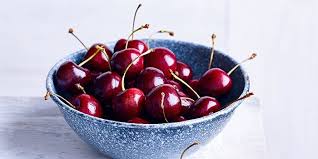
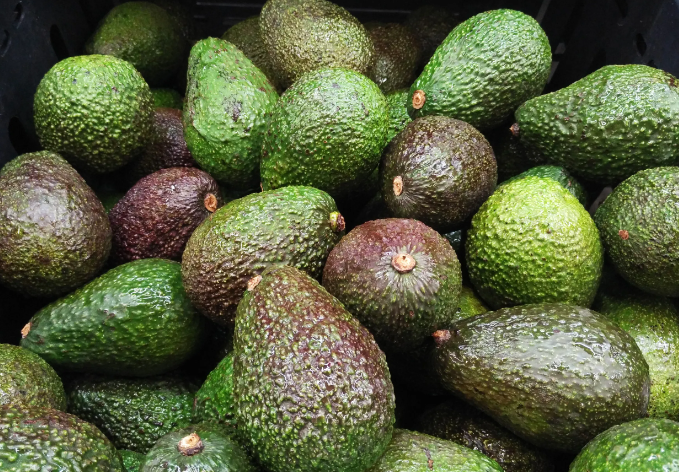
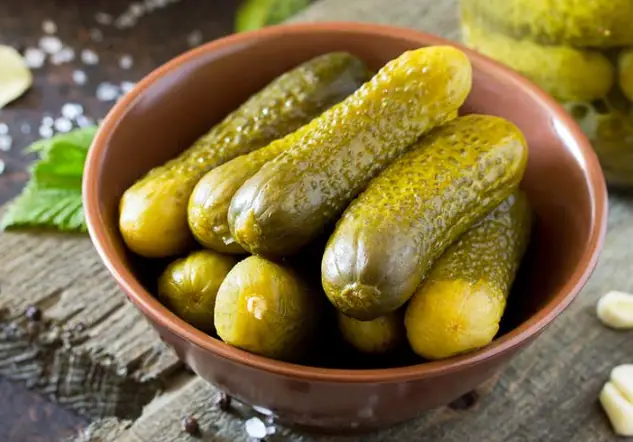

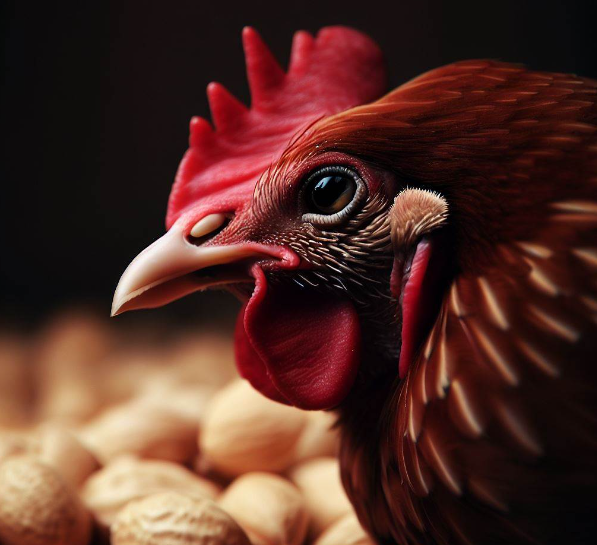
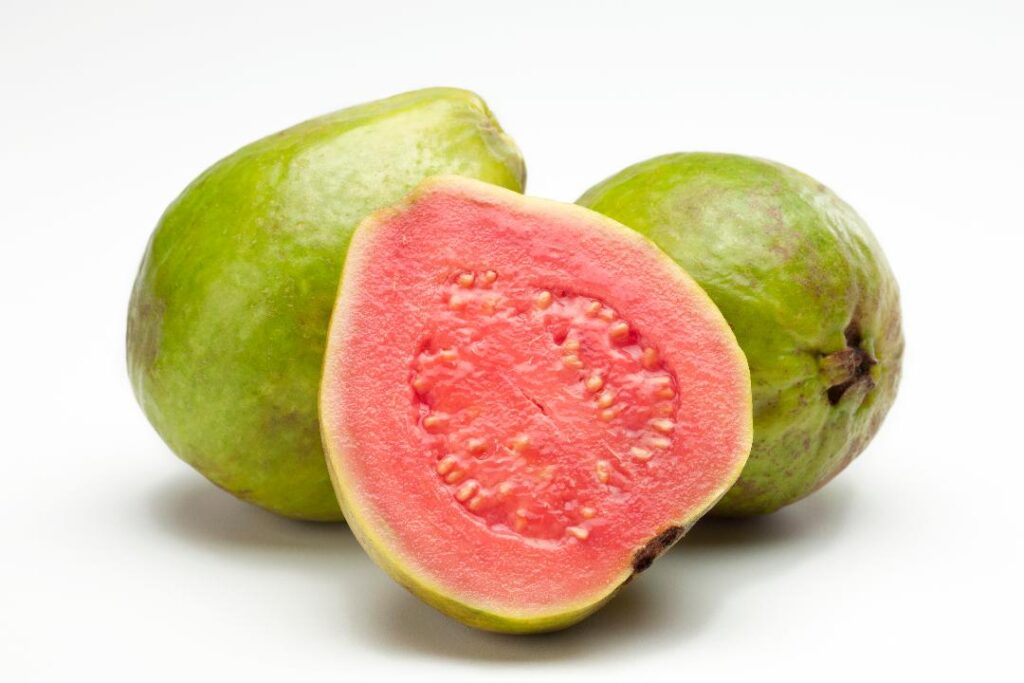
![What Is the National Fruit of Malaysia And Why? [ANSWERED]](https://fruitonix.com/wp-content/uploads/2023/04/What-Is-the-National-Fruit-of-Malaysia-And-Why.jpg)
